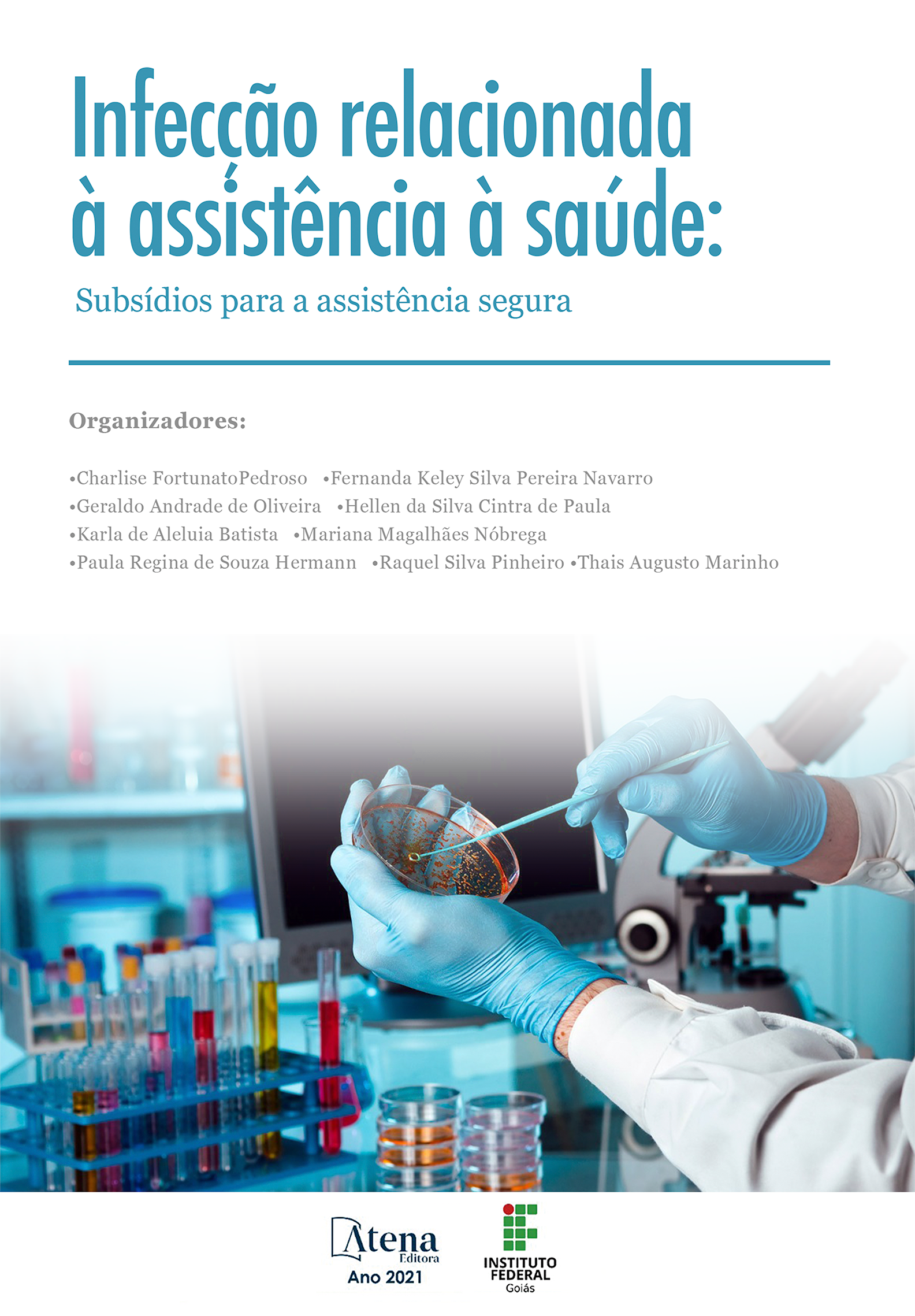
DESAFIOS DAS COMISSÕES DE CONTROLE DE INFECÇÃO RELACIONADAS À ASSISTÊNCIA À SAÚDE NOS HOSPITAIS BRASILEIROS
Atualmente, as legislações que determinam as diretrizes gerais para a prevenção e controle de IRAS são a Lei 9.431 (1997), a Portaria 2.616 (1998) e a RDC 48 (2000). Como elemento principal dessas normas está a obrigatoriedade da composição de Comissões de Controle de Infecção Hospitalar - CCIH nos hospitais. As IRAS acometem grande número de pessoas em todo o mundo e constituem um risco significativo para pacientes, profissionais e visitantes, representando custos adicionais para o sistema de saúde. Dados demonstram que provavelmente não seja possível evitar alguns eventos infecciosos, contudo um número significativo de eventos pode ser prevenido, através do fortalecimento de medidas simples de prevenção. A prevenção e controle dos eventos infecciosos representa um grande desafio, porque, além de se observar o aumento desses eventos, os agentes microbianos vão sendo progressivamente mais difíceis de tratar (PITTET, 2005). Por todas essas razões, as IRAS surgem como parte importante da agenda da segurança do paciente, sendo abordadas como prioritárias pelos organismos internacionais e governos de diversos países (PINA. et. al., 2019). Para a eficácia na prevenção e controle das IRAS, é fundamental a elaboração e implantação de Plano de Prevenção e Controle de Eventos Infecciosos nas Instituições de Saúde, tendo como principal objetivo, evitar as IRAS evitáveis. A vigilância eficaz é um ponto-chave para o controle do problema das IRAS e resistência aos antimicrobianos. O monitoramento das IRAS, o aparecimento de agentes resistentes, as práticas de prevenção e controle de transmissão, assim como as práticas de consumo de antimicrobianos, são informações que permitem orientar as políticas e avaliar as medidas implementadas a fim de promover a prevenção de transmissão e o uso adequado de antimicrobianos em todos os níveis de cuidados (PINA, et. al., 2019).
DESAFIOS DAS COMISSÕES DE CONTROLE DE INFECÇÃO RELACIONADAS À ASSISTÊNCIA À SAÚDE NOS HOSPITAIS BRASILEIROS
-
DOI: 10.22533/at.ed.09321181013
-
Palavras-chave: Infecção hospitalar; Eventos Infecciosos; CCIRAS.
-
Keywords: Hospital infecction; Infectious Events; CCIRAS.
-
Abstract:
Nowadays, the legislations that determine the general directives for prevention and control of IRAS are the Law nr. 9.431 (1997), order 2.616 (1998) and RDC 48 (2000). As a main element of these rules it is the obligatory nature of the comittee composition of Infecction Control. Hospital – CCIH in the hospitals. The IRAS attack a great number of people all over the world and constitute a significant risk for patients, profissionals and visitors, and therefore it represents additional costs for the health system. Data have demonstrated that probably it will not be possible to avoid some infecction events, however a significant number of events might be prevented through strengtening of simple measures of prevention. The prevention and control infectious events represent a great challenge mainly observing the increase of these events through the microbe agents becoming progressively more difficul to be treated (PITTET, 2005). For all these reasons, the IRAS arise as part important of the schedule of patient´s safety being approached as priorities through international organism and governements of various countries (PINA. Et. Al., 2019). For effectiviness in a prevention and control of IRAS it is fundamental the preparation and implementation of Plan of Prevention and Control of infectious events in Health Institution aiming as main objective, to avoid to avoidable IRAS. The efficient surveillance is the key point for the control of problem of IRAS and resistances to a antimicrobes. To monitor IRAS, the appearing of strong agents, the practices of prevention and control of transmission, just like actions of consumption of antimicrobes are informations that allow to guide the politics and to avaliate the measures implemented in order to promote the prevention of transmission and the adequate use of antimicrobes in all levels of cares (PINA, Et. Al., 2019).
-
Número de páginas: 12
- Tatiane Barbosa Mendes de Freitas Lemes
- MARCOS APARECIDO FERREIRA FARIAS


